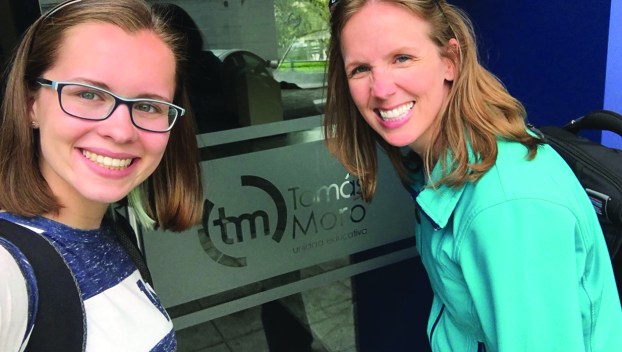
News
LEARNING ENGLISH IN ECUADOR: Research team gleans best practices
It’s a vexing paradox: As the world grows smaller and more connected, the language learning gap in the ... Read more

It’s a vexing paradox: As the world grows smaller and more connected, the language learning gap in the ... Read more